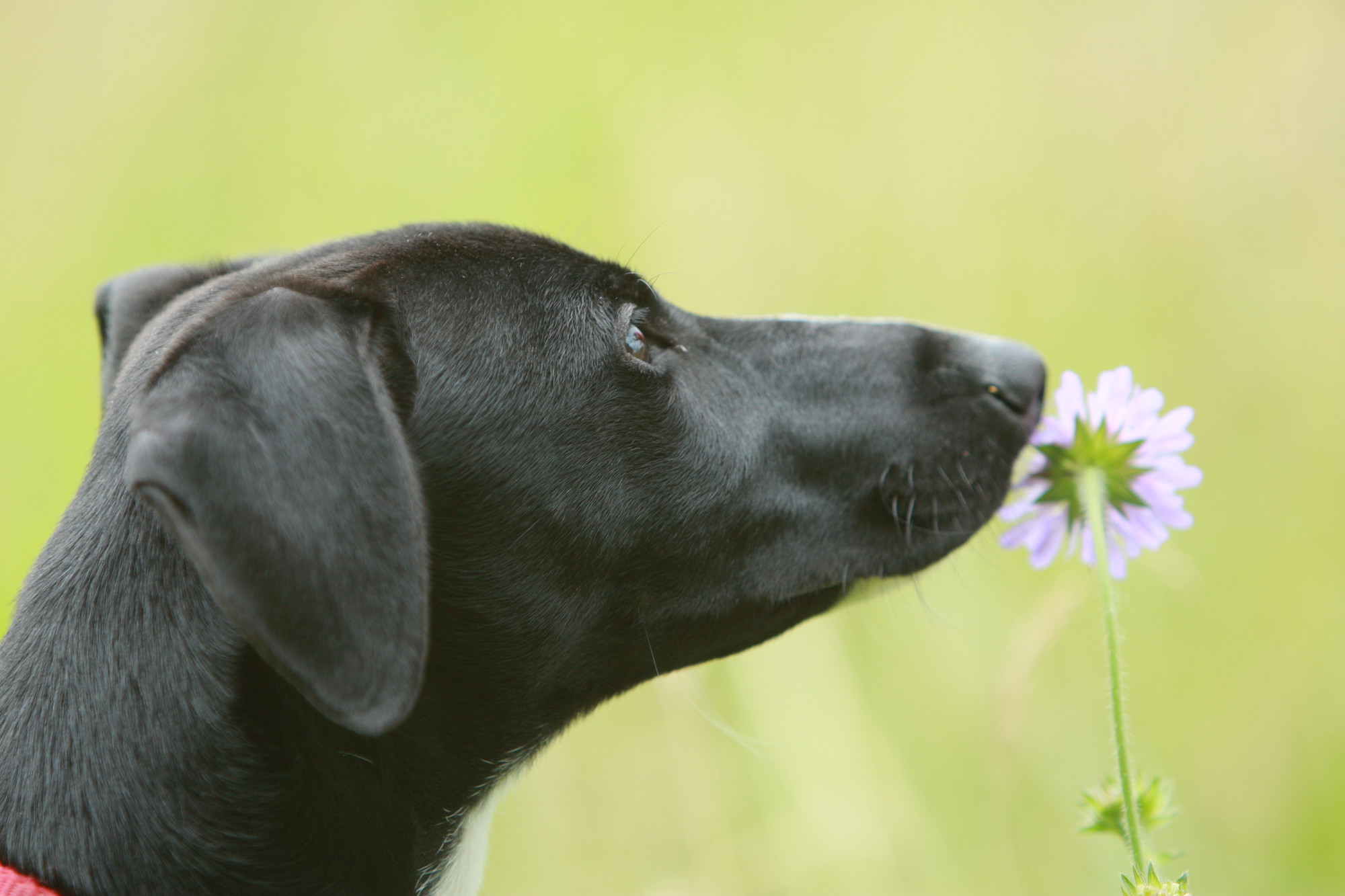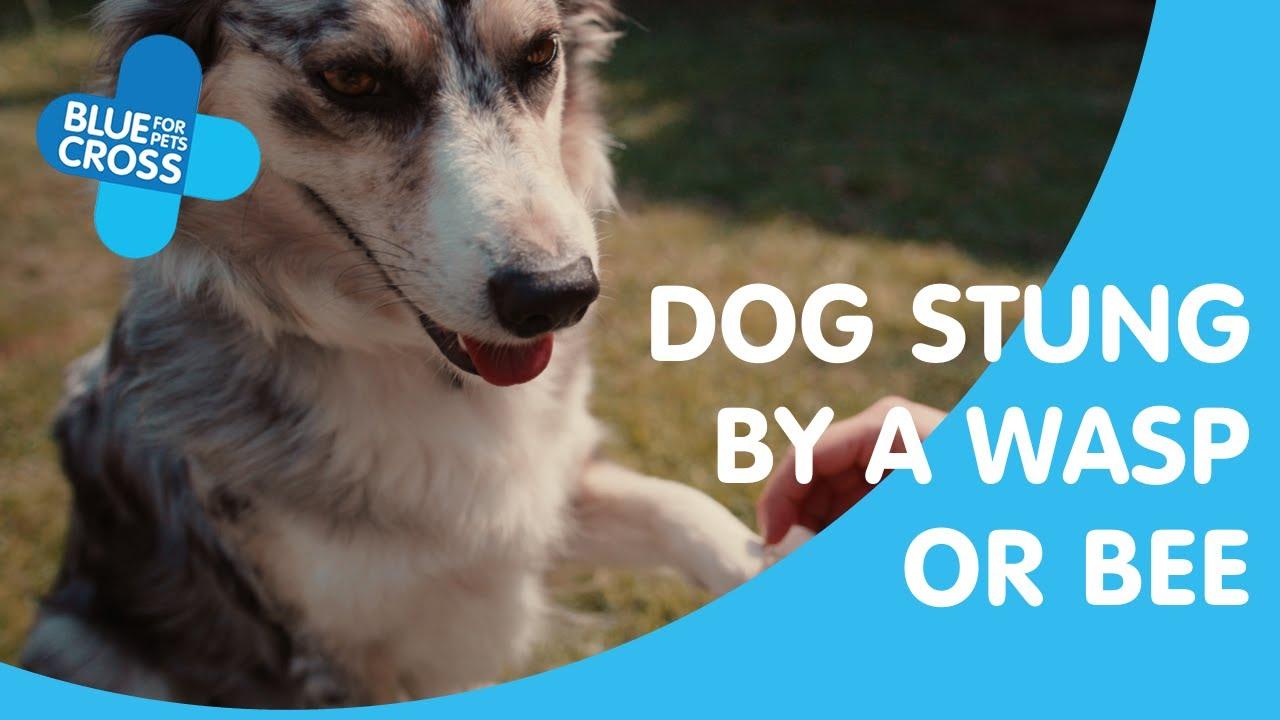
What to do if your dog is stung by a bee or wasp
In most cases, a bee or wasp sting will cause some mild pain and irritation but will not need any vet treatment.
Occasionally, bee and wasp stings can be more serious, so it’s better to get your dog to leave bees and wasps alone. Teaching your dog to come back (recall) will help to protect your dog.
Symptoms your dog has been stung by a bee or wasp
- Whining
- Holding up a paw (if stung on the paw)
- Limping
- Biting or nibbling where the sting went in
- Drooling
- Pawing at the face or mouth
- Swelling
- Hives (red, swollen, itchy skin)
What to do if your dog has been stung
- Remain calm
- Scrape out the sting using a credit card (or any other stiff material) or pull it out below the poison sac. Do not squeeze the sting as this could force more of the poison into your dog’s body.
- Bathe the area in water
- Applying ice will help to soothe the sting. Make sure the cold temperature is not uncomfortable for your dog.
- Closely watch your pet for signs of an allergic reaction
If you choose to give your dog an antihistamine, make sure you’ve checked that the type of medication and the amount is not dangerous to your dog.
Important
Never give antihistamines without contacting your vet first.
When is a bee or wasp sting more dangerous?
It can be dangerous if your dog has been stung by a bee or wasp in their mouth as the swelling can block their airway and stop them from breathing. Multiple stings can be also be dangerous and some dogs might have an allergic reaction.
Contact your vet immediately if you’re worried your dog has been stung and it could be more serious.
Signs your dog might be having an allergic reaction
- Difficulty breathing
- Swelling of the mouth, throat, eyes or ears
- Vomiting or diarrhoea
- Collapsing
- Weakness
- Drooling
- Having a fit
If you notice one or more of the signs of an allergic reaction when your dog has been stung, call your vet immediately.
Should I give my dog antihistamines?
Some human antihistamines are OK for dogs, but others can make them seriously ill and can even be fatal.
Do not give antihistamines to your dog without first speaking to your vet to check if the specific drug is safe for them and that the quantity is right for the size and weight of your pet.
Other insect stings and bites
As well as bees and wasps, your dog might be bitten by:
- Ticks – these should be carefully removed
- Mosquitos
- Ants
- Flies
Most are harmless but, if you’re not sure what type of insect has bitten or stung your dog, keep an eye on them to make sure they are not showing any worrying signs.

Donate today
We can’t provide pet advice without your support. Your donations allow our experts to create advice that is accurate and up to date. If you found this page useful, please help us to create more pet advice by donating.

Donate today
We can’t provide pet advice without your support. Your donations allow our experts to create advice that is accurate and up to date. If you found this page useful, please help us to create more pet advice by donating.





